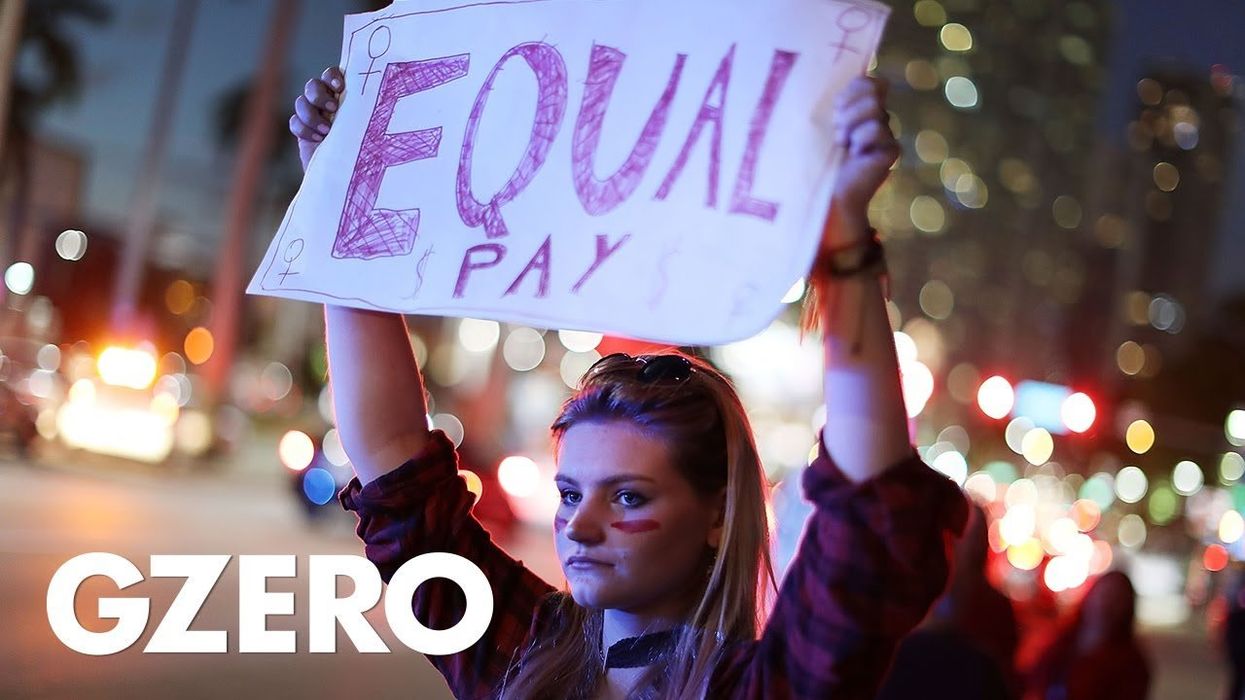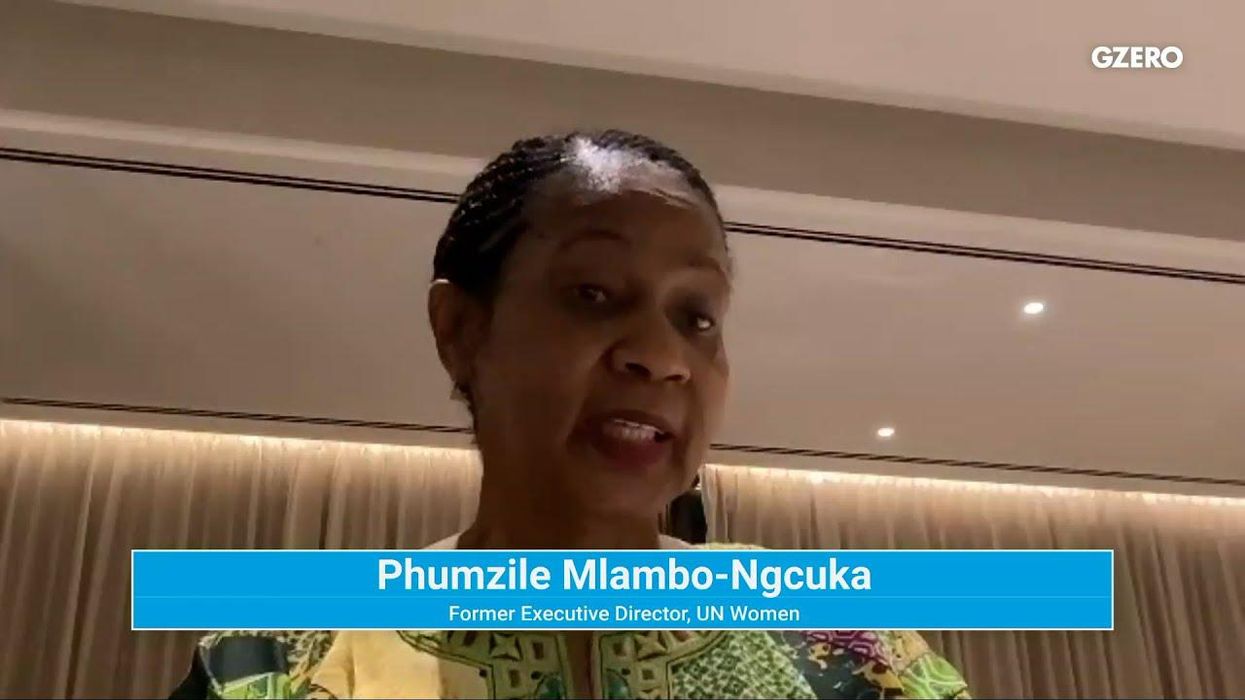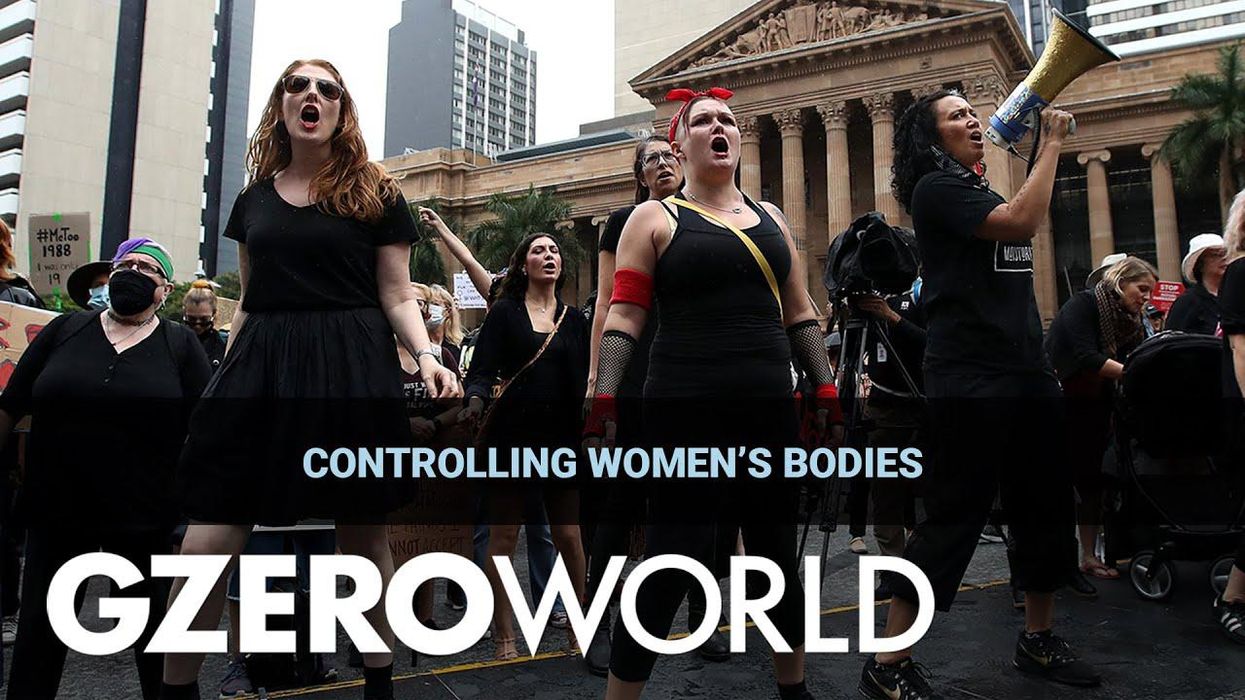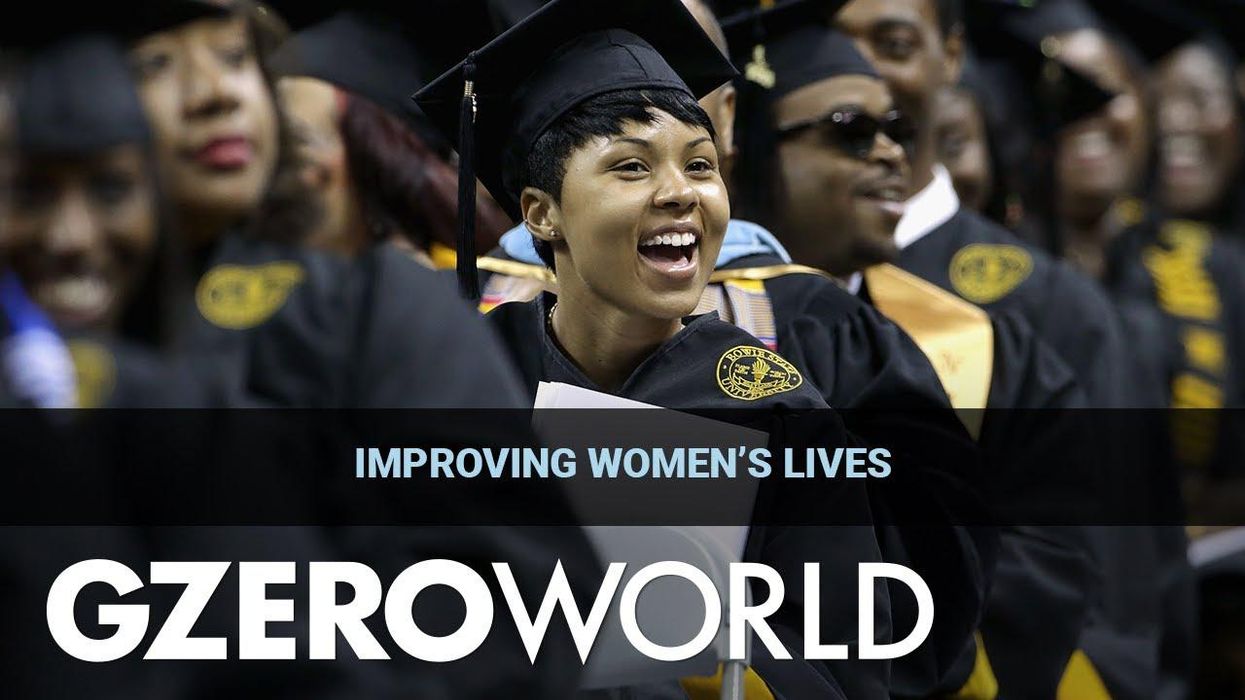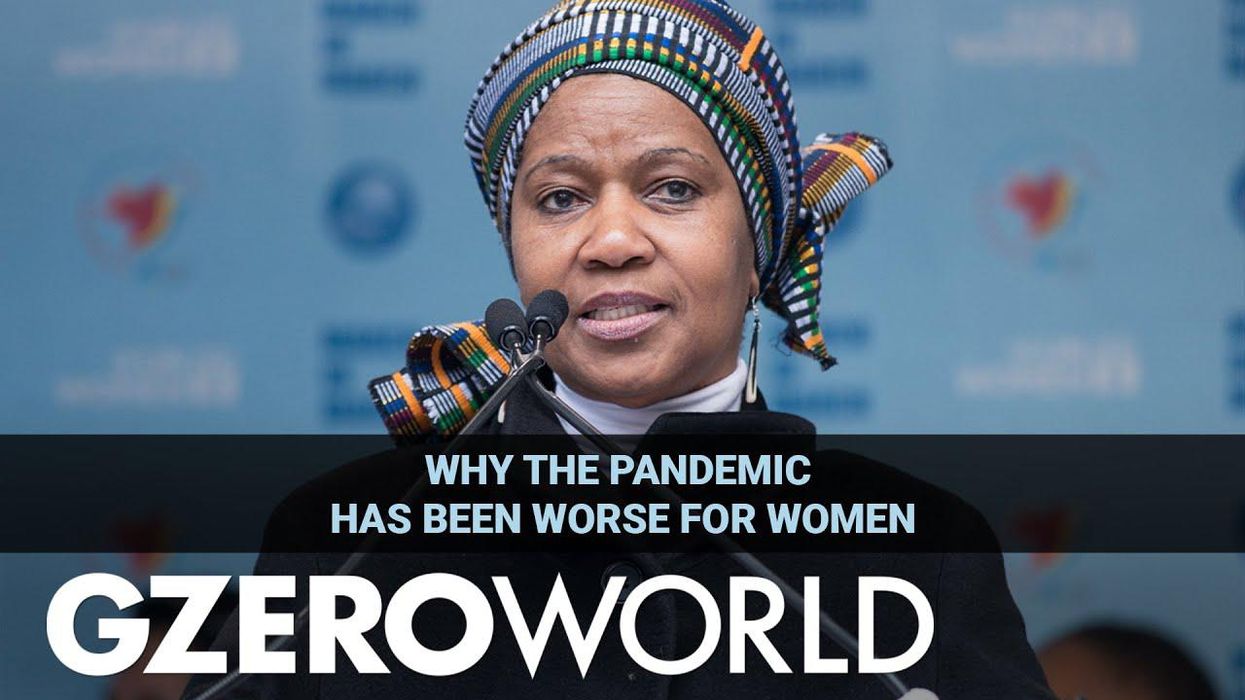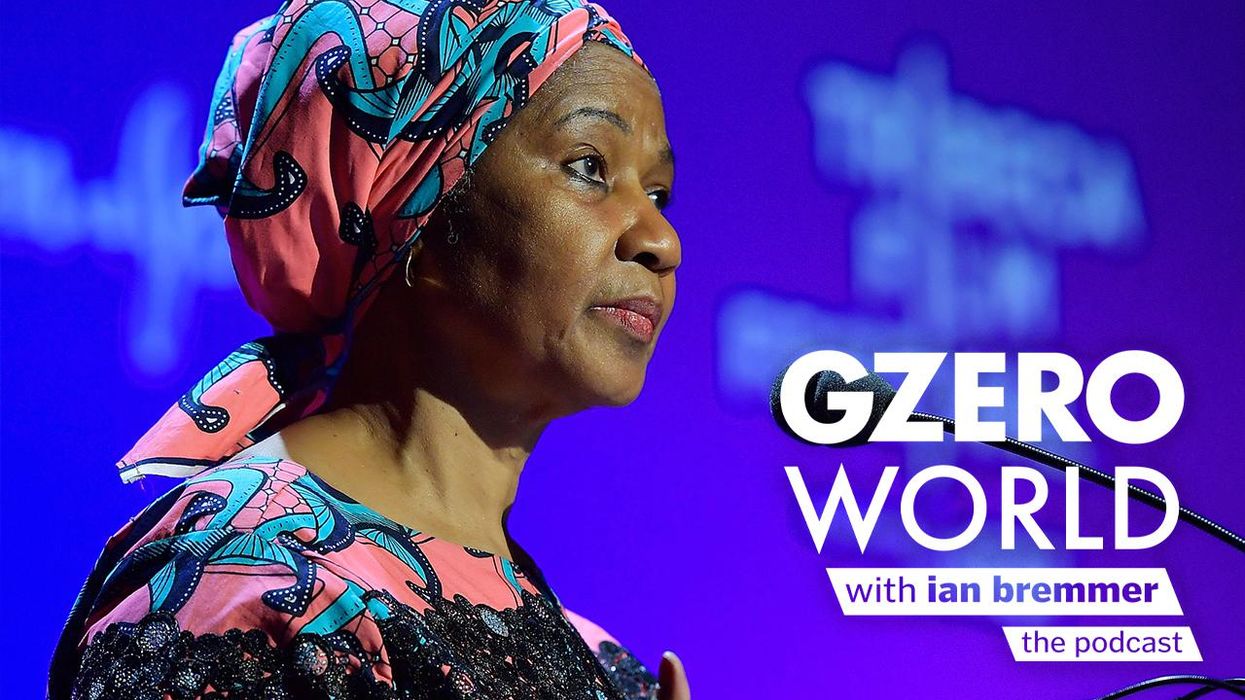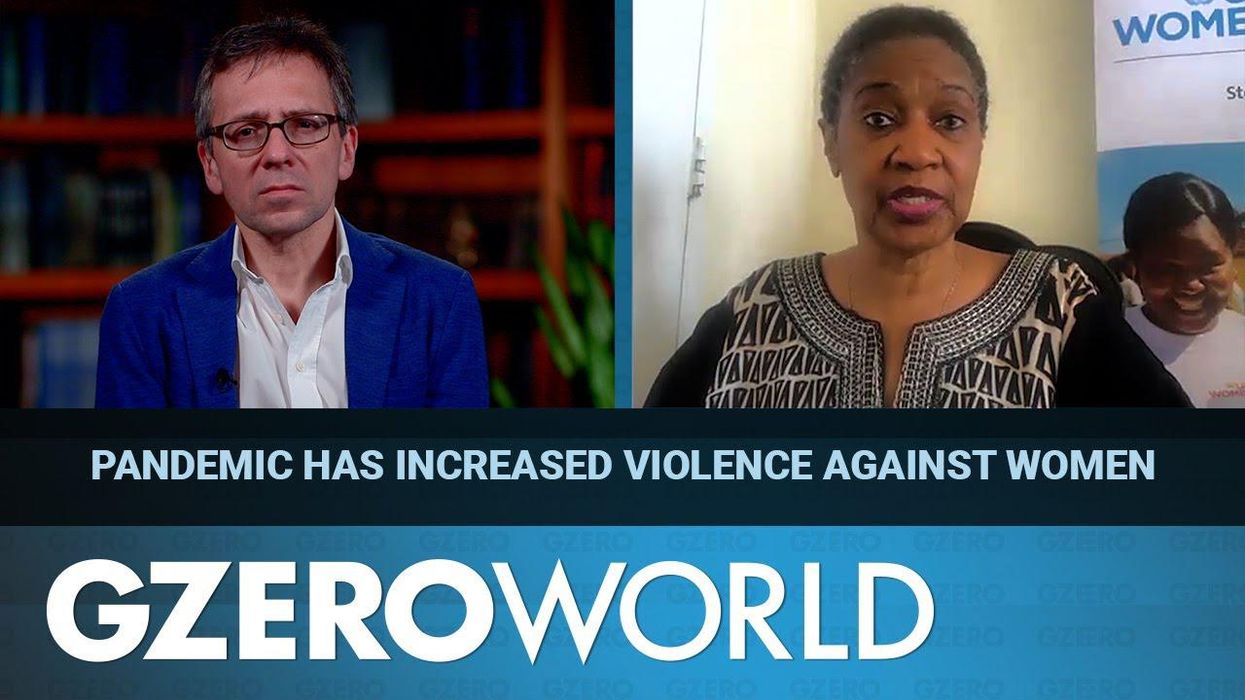GZERO World Clips
GZERO celebrates International Women's Day
On International Women's Day, we’re proud to showcase just a few of the exceptional women we’ve interviewed on “GZERO World with Ian Bremmer,” our weekly program on US public television. The accomplishments of these remarkable women have made them role models globally.
Mar 08, 2023
